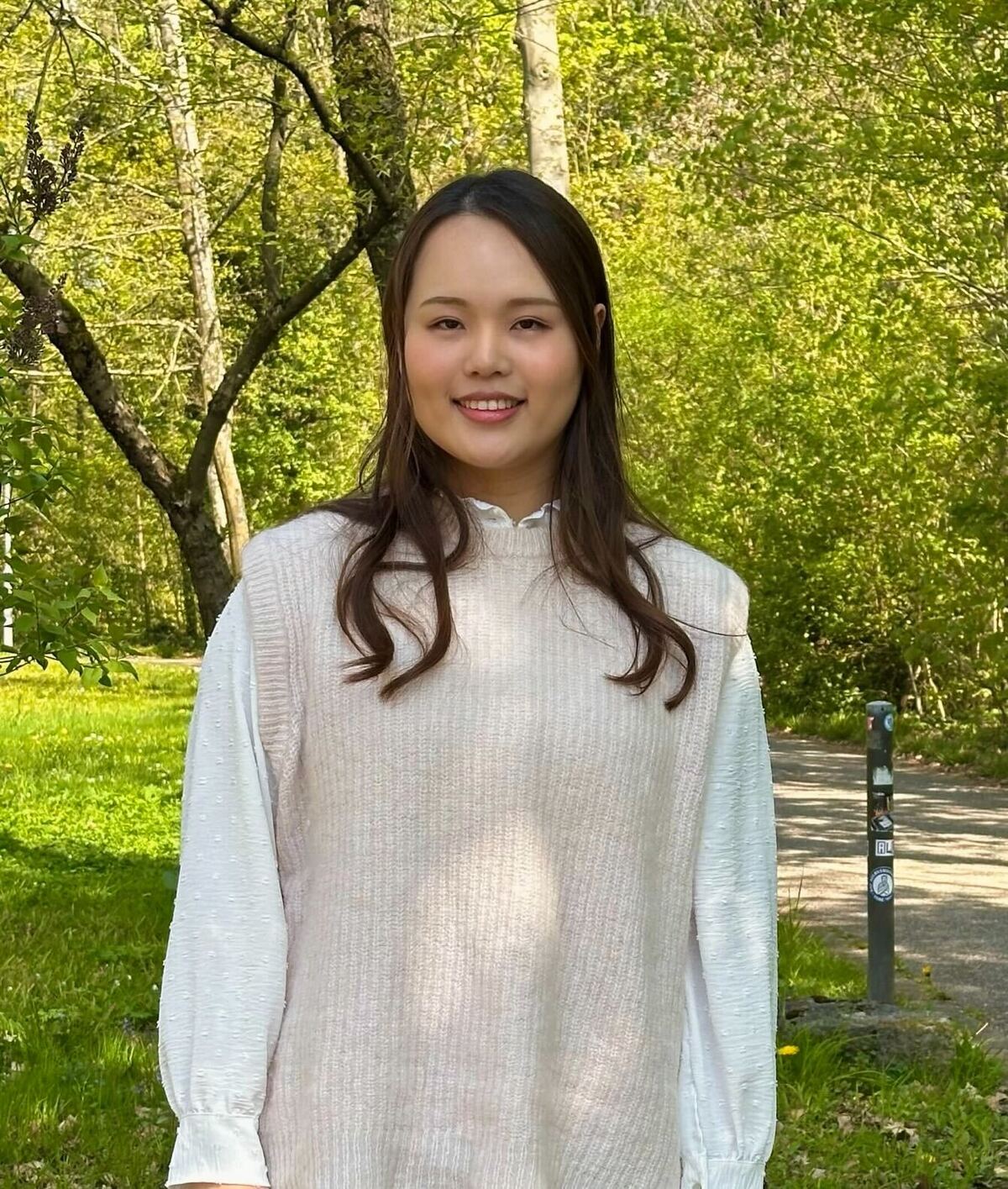"My advice to young women in STEM is to take initiative and trust in the value of your perspective"
Yuri Koide is a second-year PhD student in the AiMat group. She holds a Bachelor's degree in Chemical Engineering and a Master's degree in Information Science from NAIST, Japan. Her current research focuses on developing machine learning models and frameworks for the optimization of thermo-fluid systems. She is a member of the SPP 2331 research project, funded by the Deutsche Forschungsgemeinschaft (DFG).
What motivated you to choose Germany for your research?
PhD education in Japan is often more individualistic. That can be a positive, it offers a lot of flexibility to explore specific research topics on your own. But I was interested in collaborative work, especially across disciplines, and in building a broader network with other researchers. Compared to Japan, I felt that Germany offers more opportunities for structured collaborations, joint projects, and academic exchange. That environment matched better with what I was looking for in my PhD experience.
Have there been any unexpected benefits or opportunities from working in an international setting at KIT?
I’ve learned a lot from everyday interactions with colleagues from diverse cultural and academic backgrounds. Something I wouldn’t have experienced if I hadn’t come here. This experience has not only contributed to my personal growth but also broadened my research perspective. Talking with people who think differently has often inspired new ideas or approaches I hadn’t considered before.
Another thing I’ve appreciated is the support that KIT offers for researchers. Many of the programs and services are open to international students, and even though we might face language barriers, KIT provides a supportive environment that helps us succeed despite those challenges.
What challenges have you faced as a woman in a traditionally male-dominated field, and how have you overcome them?
Challenges remain when you're part of a minority. Sometimes, my presence or background shapes others’ first impressions before my work does. Rather than seeing this as a disadvantage, I’ve learned to view it as an opportunity to offer a unique perspective. Taking initiative through open communication, active participation, and consistent commitment has helped me build meaningful connections and earn mutual respect.
What advice would you give to young women considering a similar path in STEM?
My advice to young women in STEM is to take initiative and trust in the value of your perspective. Even if you find yourself in the minority, don’t hesitate to speak up :) Your ideas, curiosity, and contributions have meaning, and they deserve to be heard. Don’t be afraid to reach out, connect with others, and ask questions. Also, be mindful of the environment you choose. It can be easier to grow and find your place in spaces that actively promote gender equality and support diversity.

